
Sen. Ron Wyden questions the relationship between the Kentucky aluminium mill and lifting of sanction on Rusal
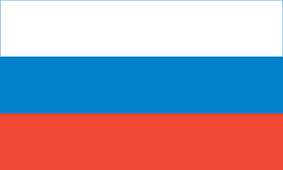
Rusal was formerly owned by Russian oligarch Demetri Deripaska, who was a close ally of Putin. A number of companies controlled by Deripaska including Rusal were sanctioned by the U.S. in April 2018 as part of the Countering America's Adversaries through Sanctions Act. Sanctions on Rusal were removed after Deripaska cut down his stake to less than 50 per cent, and his voting rights to less than 35 per cent.
Democrats voted against the lifting of sanctions but were defeated by Majority Leader Mitch McConnell. McConnell denied the aluminium rolling mill in his home state Kentucky had anything to do with his decision. Rusal's US$200 million investment on Braidy mill was officially announced in April.
Wyden, in his letter, referred to a meeting mentioned in the Time article between the CEO and an unnamed Rusal sales executive in January. As the timing of the meeting was just before the lifting of sanctions, he questioned the content of the meeting conversation, and about the identity of the Rusal executive.
Wyden also referred to a book called America for Sale written by Bouchard and James Koch in 2009, which talked about the danger of foreign investments influencing the U.S. economy and Vladimir Putin's growing influence over the U.S. economy because of his wide ownership over the U.S. steel industry.
Wyden compared the Braidy Industries deal with Rusal with the situation described in the book and expressed concern over the fact that Bouchard’s aluminium-centered deal with Rusal might one day allow Putin to have a control over the U.S. economy.
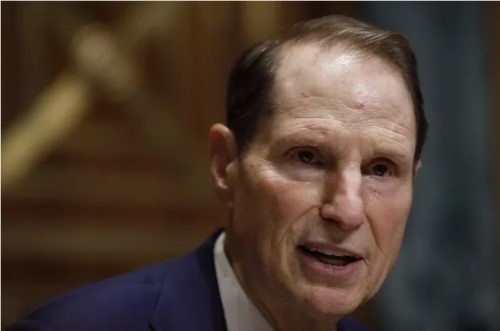


Codelco seeks restart at Chilean copper mine after collapse

Uzbek gold miner said to eye $20 billion value in dual listing

Hudbay snags $600M investment for Arizona copper project

BHP, Vale offer $1.4 billion settlement in UK lawsuit over Brazil dam disaster, FT reports

Peabody–Anglo $3.8B coal deal on the brink after mine fire
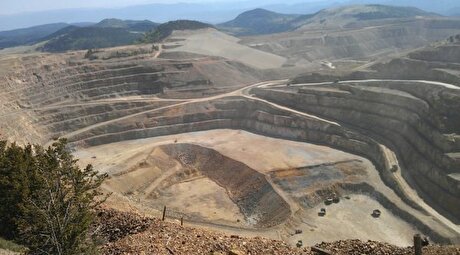
SSR Mining soars on Q2 earnings beat

Minera Alamos buys Equinox’s Nevada assets for $115M

Century Aluminum to invest $50M in Mt. Holly smelter restart in South Carolina
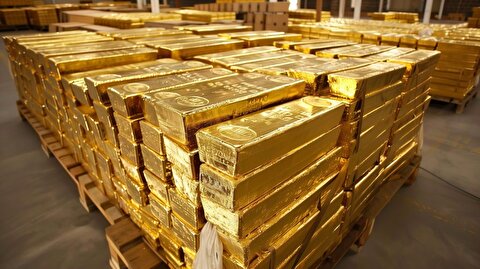
A global market based on gold bars shudders on tariff threat

Samarco gets court approval to exit bankruptcy proceedings
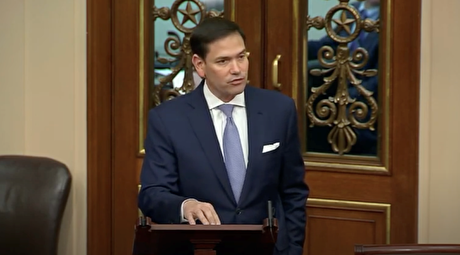
US eyes minerals cooperation in province home to Reko Diq
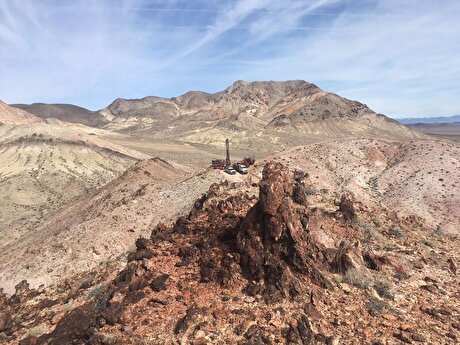
Allegiant Gold soars on 50% financing upsize
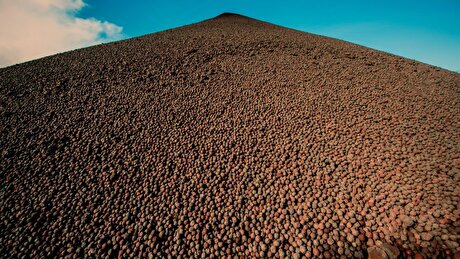
Explaining the iron ore grade shift

Metal markets hold steady as Trump-Putin meeting begins
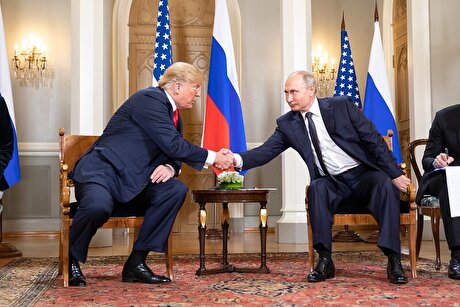
Trump to offer Russia access to minerals for peace in Ukraine
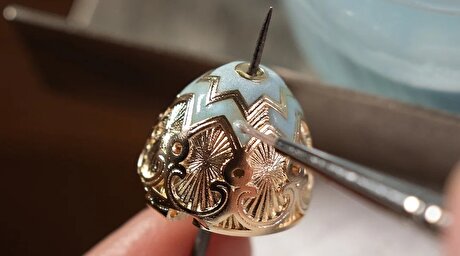
Gemfields sells Fabergé luxury brand for $50 million
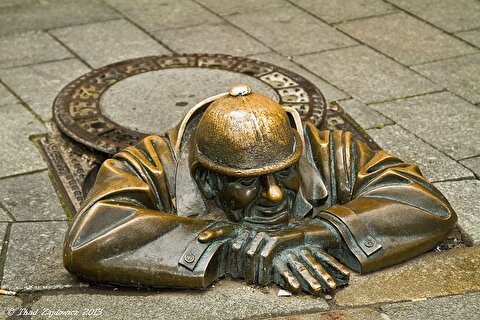
Gold price stays flat following July inflation data
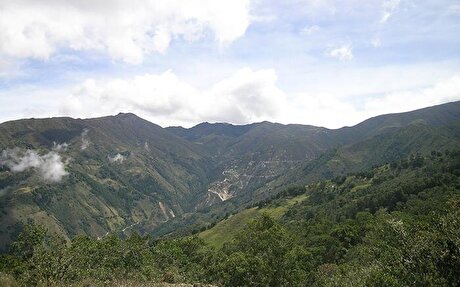
Eco Oro seeks annulment of tribunal damage ruling
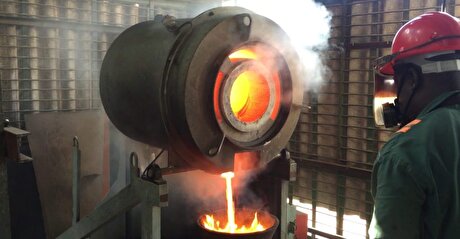
Zimbabwe labs overwhelmed as gold rally spurs exploration, miner says

Samarco gets court approval to exit bankruptcy proceedings

US eyes minerals cooperation in province home to Reko Diq

Allegiant Gold soars on 50% financing upsize

Explaining the iron ore grade shift

Metal markets hold steady as Trump-Putin meeting begins

Trump to offer Russia access to minerals for peace in Ukraine

Gemfields sells Fabergé luxury brand for $50 million

Gold price stays flat following July inflation data

Eco Oro seeks annulment of tribunal damage ruling














